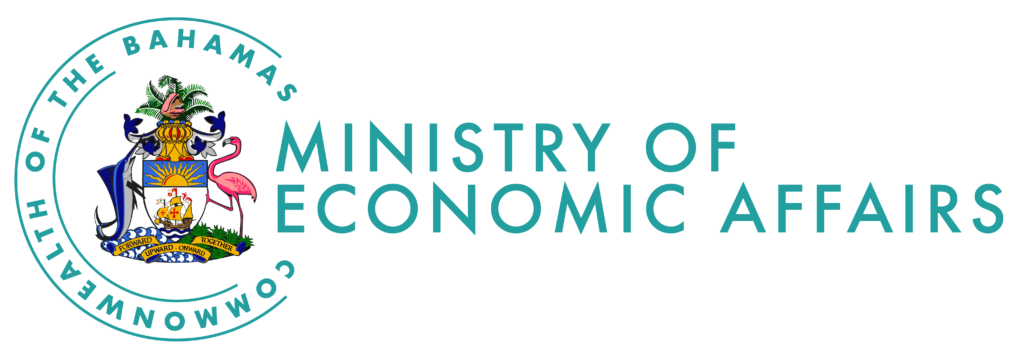The financial services sector’s contribution to government revenue increased by 4.4 percent in 2020, amounting to $164.4 million collected from taxes and fees, according to a financial services sector survey.
Despite the adverse impact of the COVID-19 pandemic, the financial services sector remained stable, with growth registered primarily from increased taxes and expenditure from the sector into the economy, the report, titled “Gross Economic Contribution of the Financial Sector, 2020” reveals.
“Contributing to this outturn was a 9.2 percent rise in transactional taxes on domestic intermediation activities to $94 million, bolstered by increases in stamp taxes on banking transactions (18.3 percent) and insurance premium taxes (7.9 percent),” the report states.
“Providing some offset, license and registration fees declined by 1.4 percent to $70.4 million, owing mainly to an 8.6 percent contraction in receivables from international business companies (17.3 percent of the total) and a 0.1 percent softening from banks and trust companies (71.8 percent of the total). Conversely, collections from investment funds (9.8 percent of the total) moved higher by 4.6 percent.”
The annual results from the sector showed assets at $172.8 billion, following a seven percent decline of $13.5 billion, due primarily to the international banking segment of the sector, which continued to shrink last year.
“In the international banking sector, total expenditure contracted by 4.8 percent to $234.6 million, extending the 1.1 percent decline in 2019 and the 2.4 percent annual average falloff over the 2015 to 2019 period, amid reductions across major expense categories,” the report states.
“Specifically, the high-valued salary component declined by 2.6 percent to $116.2 million, albeit lower than the 10.7 percent decrease last year. Further, government fees fell by 6.8 percent to $8.3 million, after a 4.9 percent decrease last year, while spending on staff training reduced by 69.9 percent to $0.3 million, a reversal from a 10.3 percent increase in 2019. Non-staff administrative costs also declined by 5.4 percent to $107.9 million, vis-à-vis a 19.9 percent growth in the previous year. In addition, capital expenditure contracted by 37.5 percent to $1.9 million, albeit lower than the 69.6 percent falloff a year earlier.”
There was also a decline in fiduciary assets in the amount of $39.4 billion in 2020, for an end balance of $223.2 billion.
Article Credit: The Nassau Guardian


